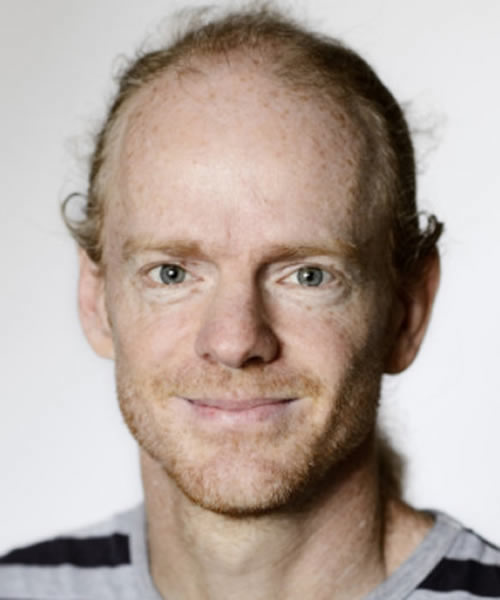Response: Germline Gene Editing: The Cruellest Cut of All?

Trevor Stammers
April 22, 2019
Last year, a Chinese scientist named He Jianki announced that he gene edited the first pair of human twins in an attempt to make the children’s cells resistant to HIV. This announcement shocked the world and created an international debate over the ethics of gene editing. Most recently, a group of scientists and bioethicists called for a global moratorium on gene-edited babies. While the practice is currently prohibited by federal law in the United States and approximately 30 other countries, the purpose of this moratorium would not be a permanent ban, but rather to give the international community time to create a framework for proceeding responsibly. National Institutes of Health (NIH) leaders Francis S. Collins and Carrie D. Wolinetz wrote, “We think that human gene editing for reproductive purposes carries very serious consequences—social, ethical, philosophical and theological. Such great consequences deserve deep reflection.” The faith community is still grappling with issues around gene editing and reproductive technologies more broadly. In a 2018 Pew research center study, Pew found that though 72 percent of Americans support the use of gene editing to help cure a serious congenital disease, only 57 percent of highly religious people agree. Perspectives on modern fertility methods also vary, illustrating the spectrum of positions both across and within religious traditions.
This week, the Berkley Forum asks: How do faith communities grapple with issues of gene editing and other reproductive technologies from a moral and theological perspective? What are the theological implications of using such technologies? How can faith-inspired actors engage with science and policy institutions, such as the NIH, and the wider scientific community to provide input on such issues?
Response: Germline Gene Editing: The Cruellest Cut of All?

Trevor Stammers
April 22, 2019
Response: Just What Is the Editing in "Gene Editing"?

Ayo Wahlberg
April 22, 2019
Response: When Do We Edit the Human Genome? A Question for the Theologian and Ethicist

Ted Peters
April 22, 2019